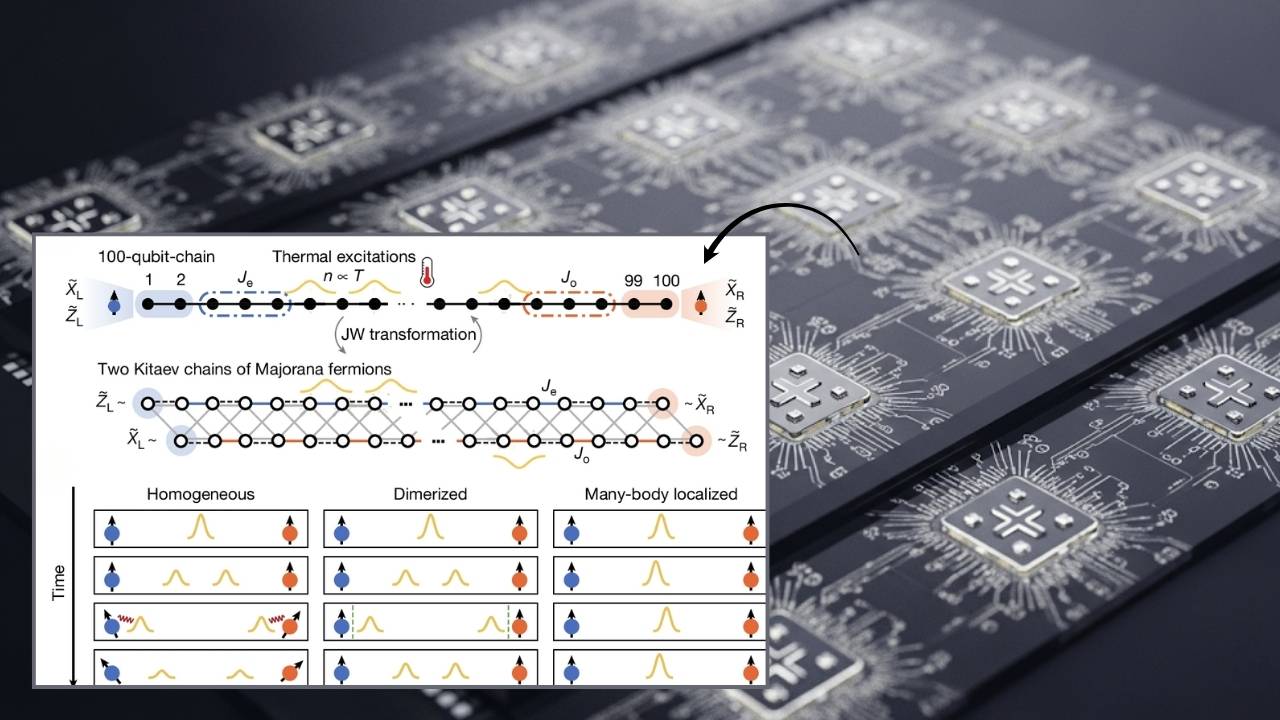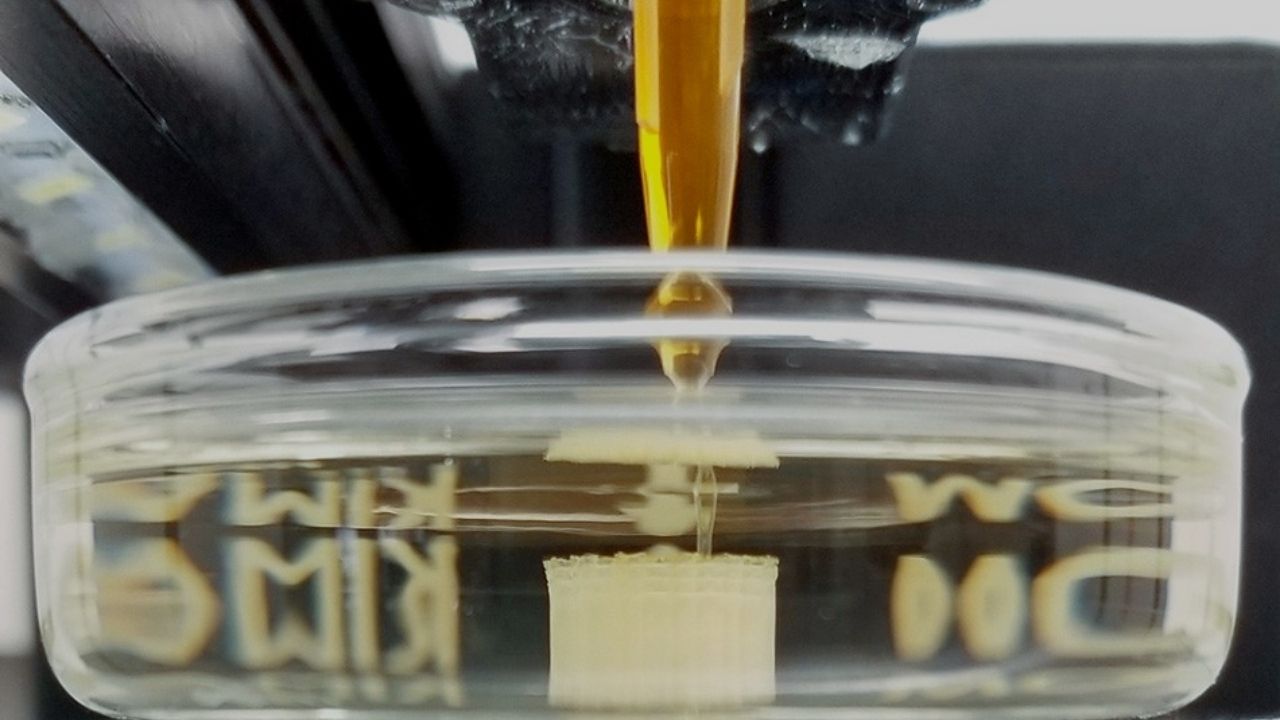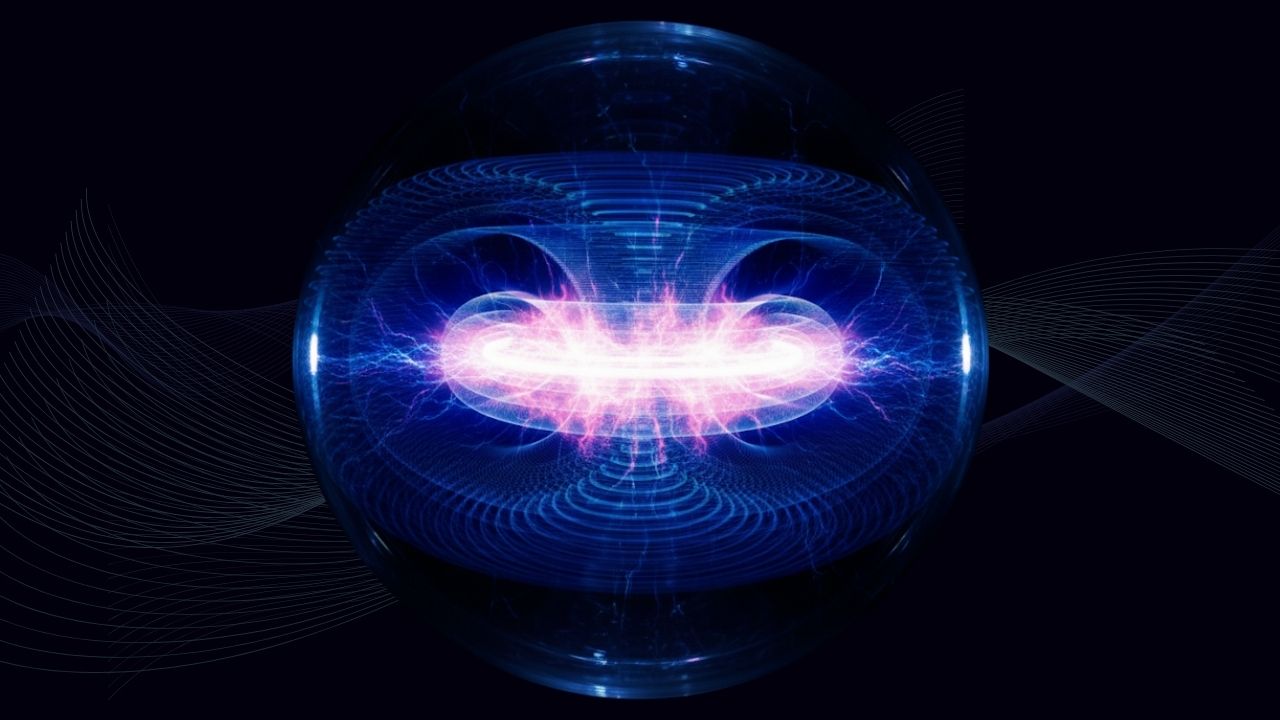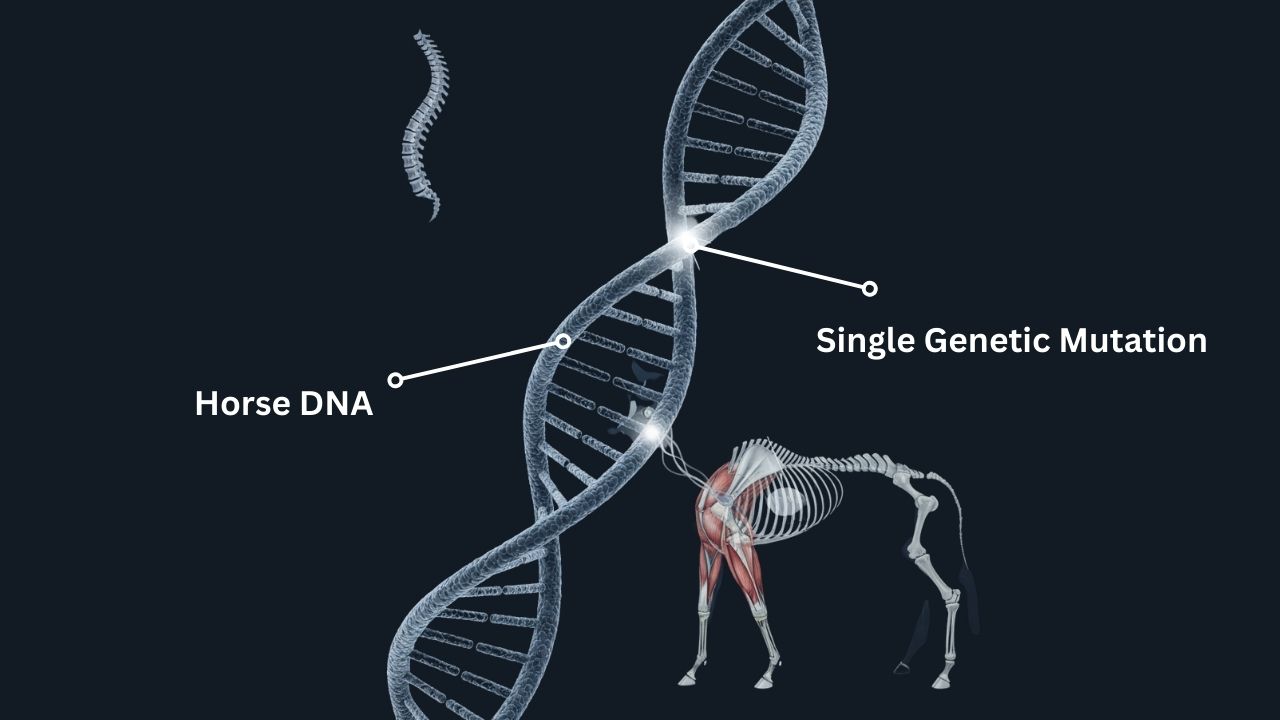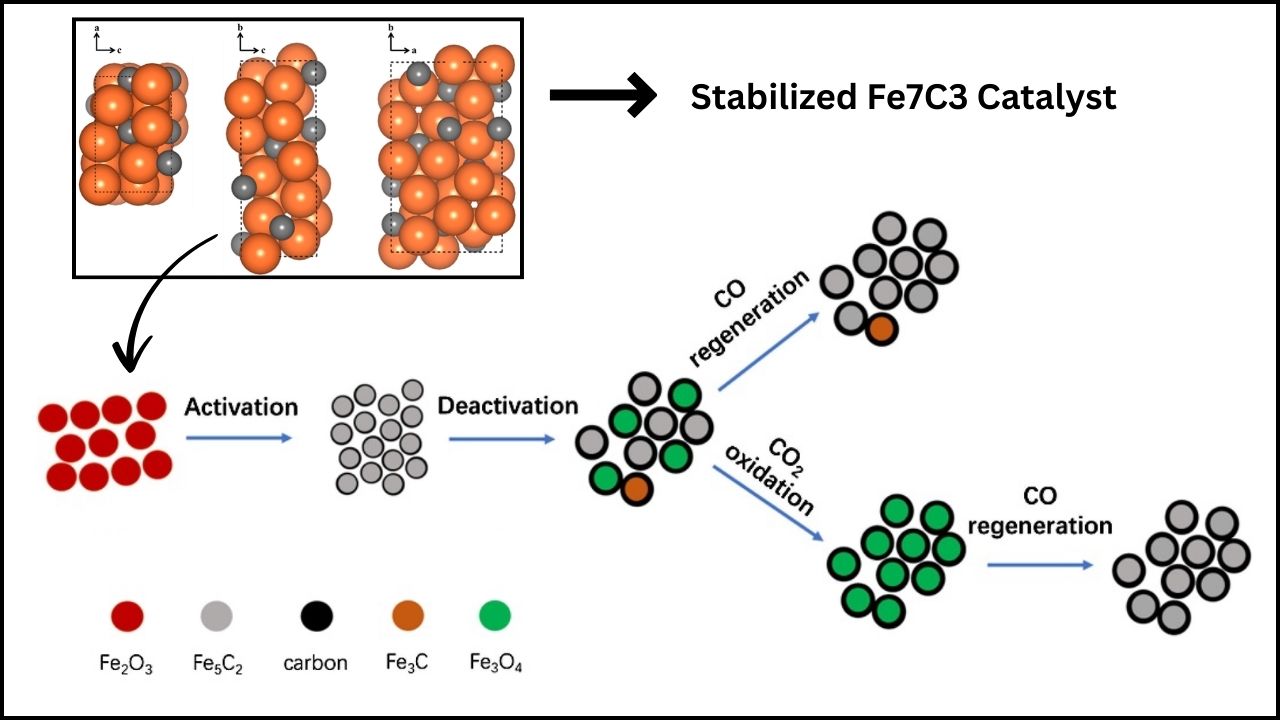Quantum Mechanics Centennial Spurs International Year Of Quantum Science & Technology: 2025 marks 100 years since the birth of quantum mechanics, and the world isn’t letting this milestone go unnoticed. The United Nations, backed by UNESCO, has officially declared 2025 as the International Year of Quantum Science and Technology (IYQ) — a once-in-a-lifetime global celebration honoring the weird, wild, and wonderful world of quantum physics.
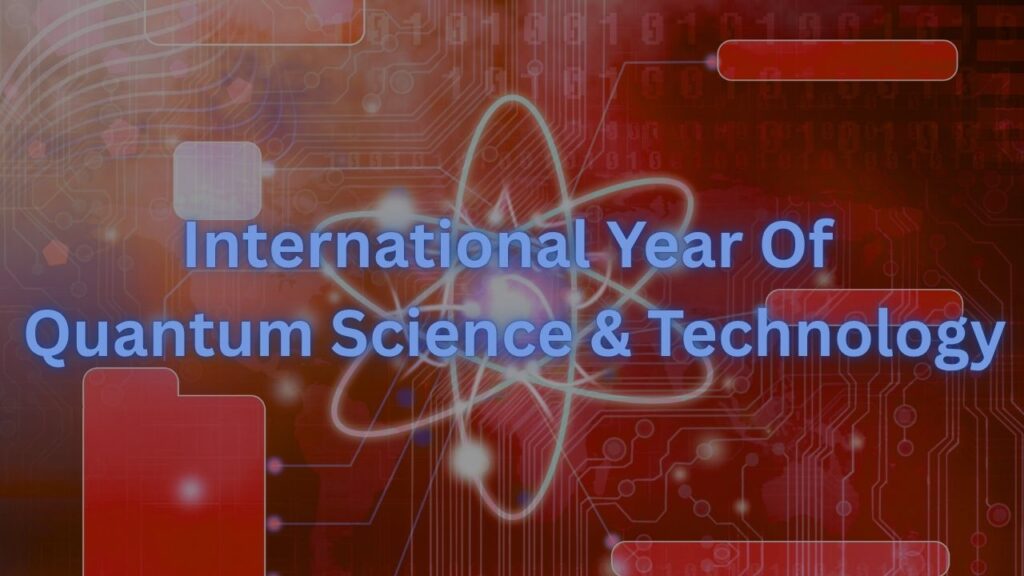
Quantum science might sound like rocket science on steroids, but hang in there — this article’s gonna walk you through it like a friendly neighborhood tour guide with a PhD in physics and a knack for plain English.
Quantum Mechanics Centennial Spurs International Year Of Quantum Science & Technology
| Topic | Details |
|---|---|
| Occasion | Centennial celebration of modern quantum mechanics (1925–2025) |
| Global Initiative | United Nations & UNESCO declared 2025 as International Year of Quantum Science & Technology |
| Mission | Raise awareness, inspire youth, promote inclusivity in STEM, and boost quantum research collaborations |
| Key Events | Global conferences, World Quantum Day (April 14), exhibitions, education outreach |
| Professional Impact | Major spotlight on careers in quantum computing, quantum communication, and sensing |
| Participating Countries | USA, India, Taiwan, France, Canada, Germany, Australia, and more |
| Official Website | https://www.quantum2025.org |
The International Year of Quantum Science and Technology 2025 isn’t just about celebrating the past — it’s about shaping the future. This once-in-a-century campaign is sparking curiosity, building careers, encouraging diversity, and uniting countries through one of the most mind-bending branches of science.
If you’ve ever wondered what makes your smartphone tick, how we’ll cure cancer, or what the next big thing in tech will be — quantum’s got your answer. This is your chance to be part of a truly global science movement.
What Is Quantum Mechanics and Why 2025 Matters?
Back in 1925, a bunch of brilliant misfits like Werner Heisenberg, Erwin Schrödinger, and Max Born flipped classical physics on its head. They introduced quantum mechanics, a theory so strange and powerful it explains how atoms and particles behave — which classical physics just couldn’t.
This theory became the bedrock for nearly every modern tech marvel we enjoy today: lasers, semiconductors, MRI machines, atomic clocks, and even the device you’re reading this on.
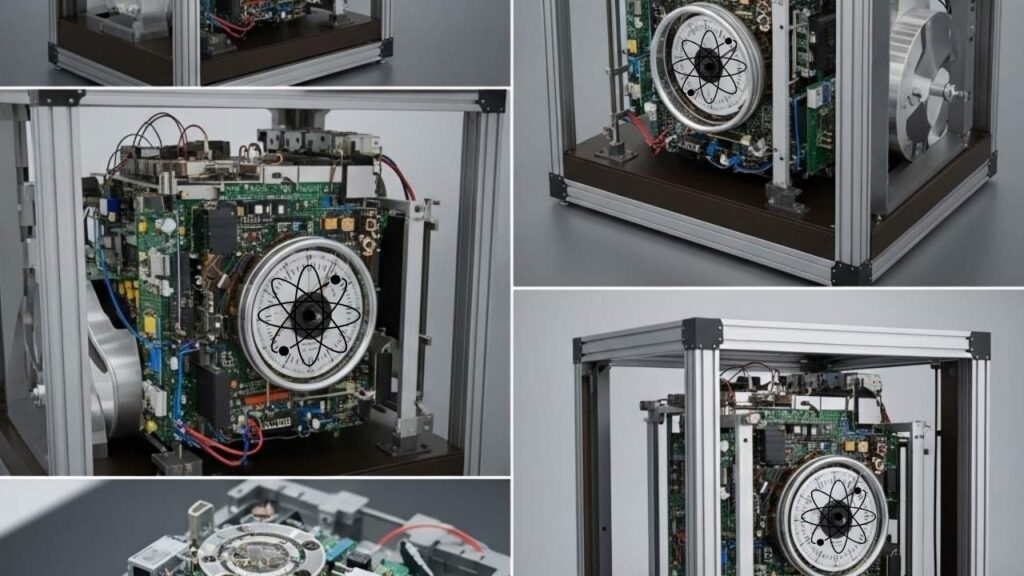
Fast forward 100 years, and we’re diving head-first into Quantum 2.0: quantum computers that solve problems traditional machines can’t, ultra-secure communication through quantum encryption, and sensors that can detect diseases or track climate change with insane precision.
The Mission of IYQ 2025
UNESCO isn’t just throwing a science party. The IYQ initiative has real goals:
1. Educate and Engage the Public
Let’s face it, quantum science isn’t dinner table talk. IYQ wants to make it fun and accessible. Schools, museums, YouTube creators, and even TikTok influencers are jumping in to explain quantum stuff to regular folks.
2. Promote International Collaboration
From MIT to Mumbai, the quantum game is global. The IYQ pushes cross-border partnerships — especially with countries from the Global South — so everybody gets a seat at the table.
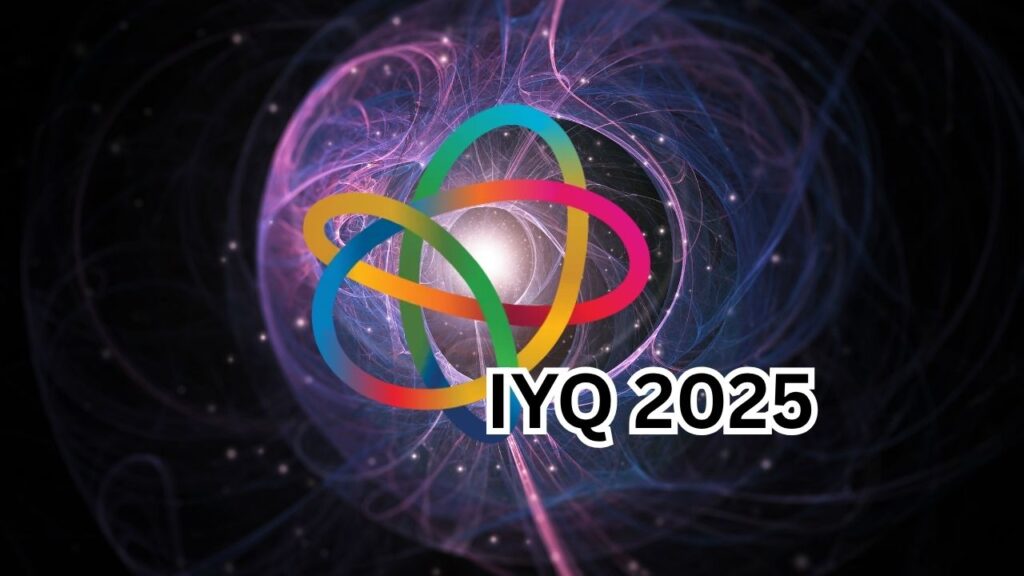
3. Champion Diversity and Inclusion
Quantum science still has a diversity problem. IYQ is supporting women, Indigenous people, and underrepresented groups in STEM. They’re offering mentorships, scholarships, and outreach programs to break the cycle.
4. Support Ethical Science
Yup, ethics in quantum is a thing. From privacy in quantum communication to ensuring tech isn’t misused by rogue states, the IYQ promotes transparency, open research, and global values.
Global Events You Should Know About
Here’s where the celebration is happening:
Opening Ceremony (Feb 2025)
Held at UNESCO HQ in Paris, this event had scientists, educators, politicians, and artists talking about quantum’s future. It set the tone for the whole year.
World Quantum Day (April 14)
Celebrated each year on April 14 (symbolizing Planck’s constant 4.14), this day is now quantum’s birthday bash. In 2025, it’s going to be massive.
Regional Highlights
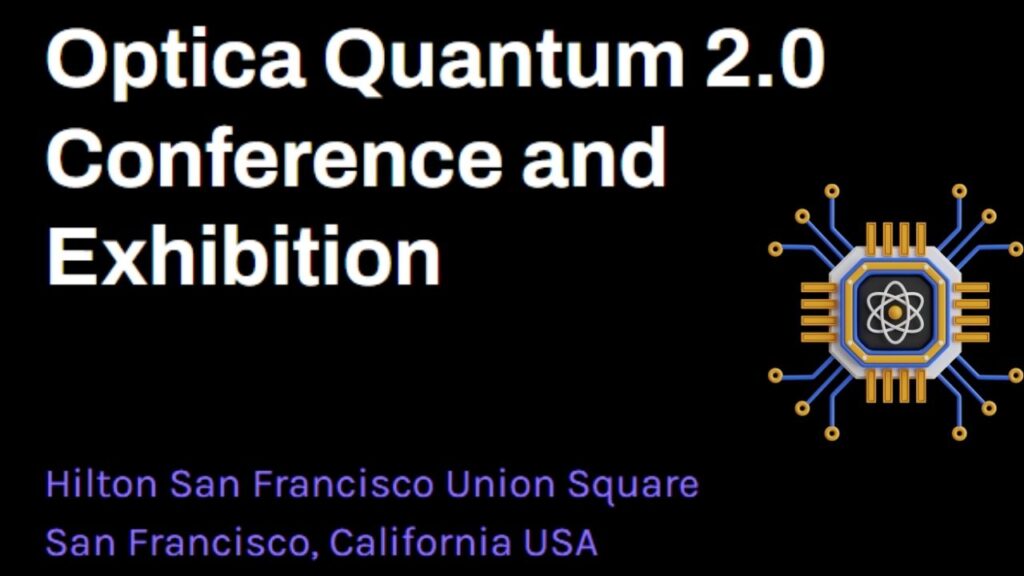
- USA: Quantum 2.0 Conference in San Francisco by Optica (June 2025)
- India: Workshops hosted by TCG Crest and IITs in Kolkata and Bengaluru
- Canada: Quantum festival at University of Ottawa by NexQT (May 26–30)
- Taiwan: Quantum science fairs in Taipei schools
- France: Public exhibits at Cité des Sciences in Paris
Careers in Quantum: Why You Should Care
If you’re a student, teacher, or working pro thinking, “What’s this got to do with me?” — the answer is a lot.
Jobs Being Created
| Field | Job Example | Skills Needed |
|---|---|---|
| Quantum Computing | Quantum Algorithm Engineer | Python, Q#, math, physics |
| Quantum Communication | Quantum Cryptography Analyst | Network security, optics |
| Quantum Sensing | Imaging Systems Developer | Signal processing, electronics |
| Education & Outreach | Science Communicator | Writing, video, pedagogy |
| Policy & Ethics | Tech Policy Analyst | Law, ethics, public policy |
According to McKinsey & Company, quantum tech could generate $1 trillion in value by 2035, making it one of the most lucrative fields for the next generation.
A Quick Guide to Quantum 101 (For Total Newbies)
Worried about quantum being too complex? Here’s a simple breakdown:
Step 1: What’s Quantum?
Quantum mechanics explains how super tiny things — electrons, photons, atoms — behave. Think of it as the science of the invisible world.
Step 2: Key Concepts
- Superposition: A quantum particle can be in multiple states at once. Like Schrödinger’s cat — dead and alive.
- Entanglement: Two particles can be linked so that changing one instantly changes the other — even if they’re galaxies apart.
- Quantum Tunneling: Particles can pass through barriers that classical physics says they shouldn’t. Like magic, but real.
Step 3: Real-World Uses
- Quantum Computers: Can factor huge numbers, solve protein folding, and simulate new drugs.
- Quantum Networks: Offer unhackable communications.
- Quantum Sensors: Detect cancer cells, earthquake tremors, or dark matter.
Funding Restored For Scottish Supercomputer In Edinburgh
Axiom‑04 Mission Postponed Again After Propulsion‑Bay Leak; ISRO, SpaceX Begin Repairs
FAQs About Quantum Mechanics Centennial Spurs International Year Of Quantum Science & Technology
Why did the UN choose 2025?
Because 1925 is when modern quantum theory truly began. That’s when Heisenberg published his groundbreaking paper on matrix mechanics.
How can schools or communities get involved?
Visit https://www.quantum2025.org/get-involved to download resources, register events, or apply for mini-grants.
Is this just for scientists?
Nope! Artists, students, teachers, and policymakers are all welcome. The IYQ is about inclusive science.
Will there be any online workshops?
Yes. From virtual lab tours to Qiskit coding sessions, many events are accessible online.
